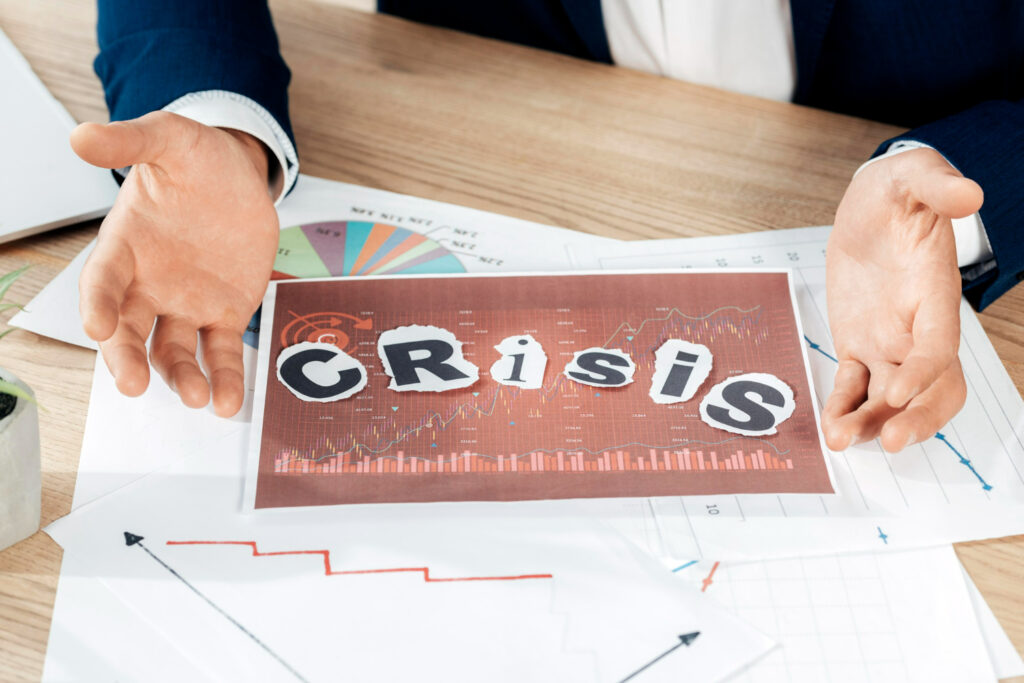In today’s hyper-connected world, the reputation of a brand can be both built or shattered in the blink of an eye. Even a single misstep, like a product issue, or a negative post on social media, can turn into a full-blown PR crisis that erodes customer loyalty and trust.
That’s where working with a crisis management agency can help so that the brand doesn’t have to scramble to contain the damage once the crisis has hit. After all, the most effective crisis PR is all about proactive preparation ahead of time and developing a communication strategy that will allow the brand to navigate a variety of difficult situations with transparency, authenticity, and a commitment to resolving any issues.
5WPR Insights
Vulnerability assessment
The first step in crisis PR isn’t to sit around waiting for disaster to strike. It’s anticipating potential threats and then proactively building a strong wall of defense.
That means starting by conducting a thorough risk assessment to identify any and all potential crisis scenarios that the company could go through. This could involve analyzing the products, services, or the supply chains, and even potential social media vulnerabilities.
Planning
The next step is to develop a crisis communication plan that will outline everyone’s roles and responsibilities within the crisis PR team. From the designated spokesperson to the communication channels that will be used during a crisis situation, having a clear roadmap means everyone will be on the same page when the crisis hits.
Practice
Regularly conduct mock crisis drills and practice runs of various crisis scenarios to test the plan and figure out if there are any areas for improvement. This will help the crisis PR team refine their communication approach and build their confidence when it comes to handling stressful situations.
Staying in the loop
Use social media listening tools to track all online conversations about the brand. This will help identify any potential issues as early as possible, before they’re able to gain momentum and snowball into a full-blown PR crisis.
Address concerns
Brands can nip any negativity in the bud by demonstrating their responsiveness. This means proactively addressing customer concerns and negative sentiment in the digital space.
Accountability
If the brand has made a mistake, it’s important to accept responsibility as soon as possible. Avoid sugar coating the situation, or resorting to pointing fingers. A sincere apology can go a long way in rebuilding the trusting relationship that may have been damaged with the situation.
Clear and concise
Openly communicate about the situation and explain the nature of the crisis. Talk about all the steps the brand is taking to address the issue and the timeline for resolving everything. Avoid jargon or any legalese, and speak in a clear and concise way.
Multiple communication channels
Use a variety of communication channels to reach the target audience. This could include everything from press releases and website updates to social media statements and even direct communication with the affected customers.

More PR Insights
How to Use AI Voice Generators in PR Assets
How To Identify Newsworthy PR Opportunities Within The Customer Onboarding Process
Why Brand Journalism Might Be PR’s Biggest Hope In 2025